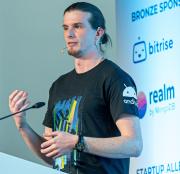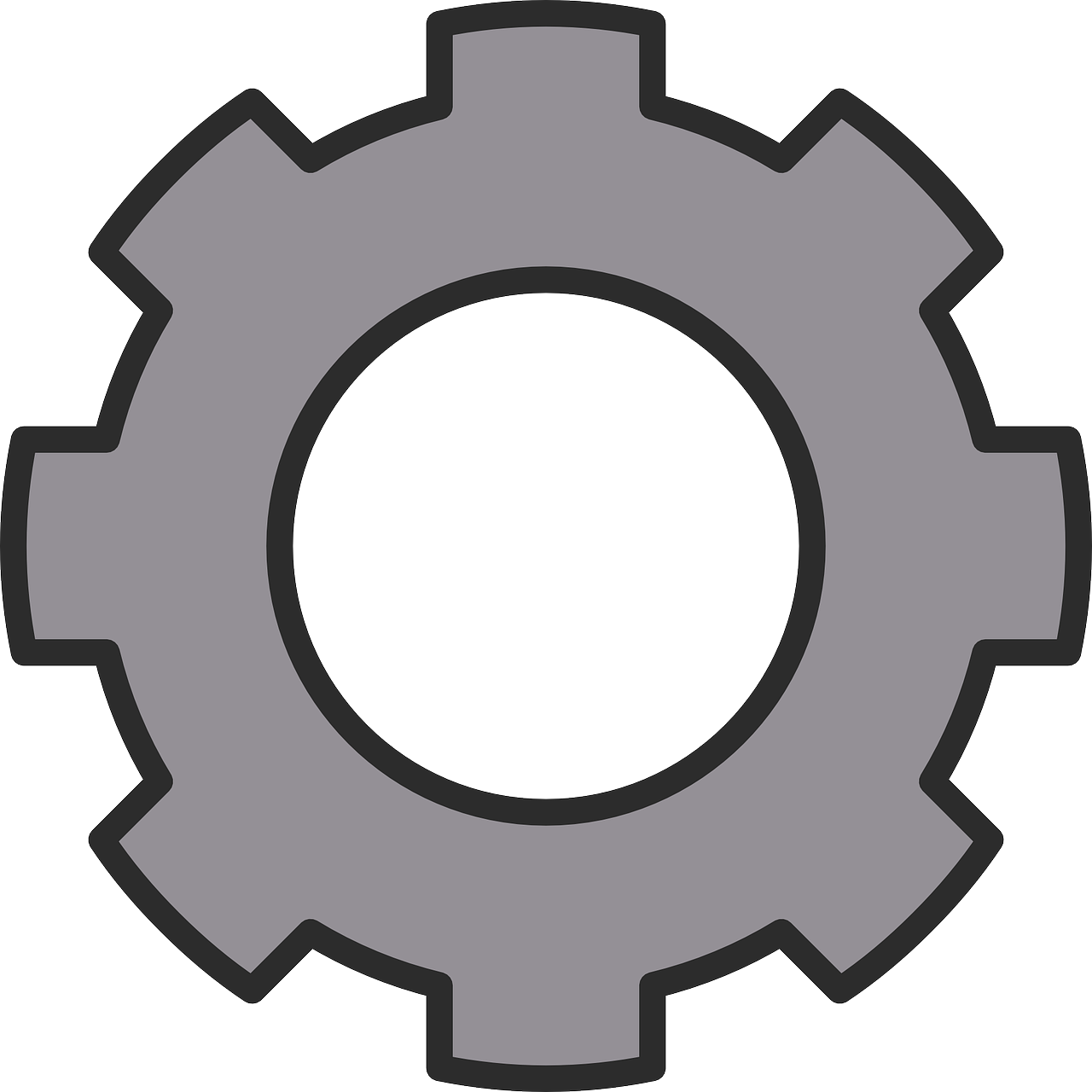Hack The Outbreak - My Experience
Introduction
On the 15th of May 2020 we held our first ever Online Hackathon! Organized by Bibi Othmani, our Global Developer Relations Manager, the idea for this hackathon was to bring everyone together in a time where we all find ourselves so far apart. The hackathon was coined ‘Hack The Outbreak’ and was a fully-online, people-focused event designed to bring Zebras together from all parts of the business (not only developers/engineers) to use their diverse skills to collaborate, brainstorm and explore anti-crisis ideas for the world to overcome challenges associated with health pandemics, and in particular, Covid-19.
Registration & Team Selection
This was a global event so registration was open to all regions (APAC, EMEA, NA & LATAM). There were three ways you could participate:
- As an individual
- As a pre-formed team
- As a free agent (you would be assigned to a team on the day)
Personally, I chose the latter option and decided to register a free agent. I was placed into a team with Herbert De Jong, who is level 3 tech support based out of Brno & David Hall, who is a director of tax & finance in the UK.
Requesting to be put into a team turned out to be a great decision as this team (Herbert, David & myself) had such a breadth of experience across different business functions. Herbert has worked in Zebra’s tech support team for a very long time and knows the technical support process inside & out. David brought great experience and knowledge into what the business looks for from a finance perspective and I brought a developer / sales perspective to the discussion.
Kick-off!
The hackathon officially started at 3pm BST so Herbert & I got in touch with David (In truth we accidentally pulled him out of an important meeting while he was in the middle of a presentation, sorry David!) who let us know he’d be joining a little later due to other work commitments. With the team now formed and the clock ticking we got straight down to business and started discussing the ideas we had.
My idea was to take Google Maps data in CSV form and upload this to a webapp which would then provide you with a ‘Covid Score’ based on your movements & activity. For example, if you spent most of your time at home and only made sporadic trips to the supermarket your score would be low. Conversely, if you spent your time doing what would be deemed ‘risky’ activities, like going to the gym for example, your score would be high. You could then share this score with your friends, family, co-workers etc and compare scores. I hadn’t spent much time contemplating how exactly this algorithm would determine high risk vs. low risk activities but that is half the fun of hackathons: rapid prototyping & figuring things out on the fly!
Herbert’s idea, on the other hand, was pretty different: The Covid-19 lockdown across Europe has made accessing devices (for testing or support purposes) very difficult and time consuming. In fact, this is a problem that has existed for a while and has simply been exacerbated by the pandemic. Herbert proposed the idea of a Device Farm – a collection of Zebra devices which could be remotely accessed via the cloud by Zebra employees for support & testing purposes. As we talked through the idea, it evolved to include the development of device emulators for popular IDEs like Android Studio & Visual Studio, as well as the implementation of a new solution called Testing as a Service, or TaaS.
I was convinced as soon as I heard the idea, so we decided to go with Herbert’s suggestion.
The Process
We briefly discussed how we wanted to present this idea and concluded that we weren’t going to be able to develop any kind of POC within 24 hours – it just wasn’t feasible. With this in mind, we decided to go down the PowerPoint route. We initially padded out some of the key areas we wanted to cover: the challenge, the solution, who would benefit and so on… Herbert & I then worked on this until the late evening, and by the end of the night we had a well detailed overview of our proposal, if a bit messy. It was finally time to get some much-needed sleep.
In the morning Herbert & I were joined by David. With a full contingent we were refreshed and ready for a long day of hacking. We spent the day iterating over our slides, improving them bit by bit, trying different designs and layouts until we were happy with the content. At this point, having been bogged down in PowerPoint for well over half the day, we thought it best to get a clean perspective on things, so we contacted the mentors. Kike Ferrer, who had previously provided us guidance the previous evening, kindly offered to review what we had so far. We presented the slides and gained some invaluable feedback which we promptly incorporated into our slides. Thanks Kike! We were now confident that we were ready to record and submit our solution.
Recording our solution took a few attempts – three in fact – whilst we tweaked our notes and settled on a running order. After the third attempt we had a recording we were all happy with – there were a few mistakes here and there but we all thought that made it more human, after all we had only known each other for less than 24 hours at this point! We submitted our recording with a few hours to go and all breathed a sign of relief, happy with what we had achieved. We chatted for a while and then headed to bed.
The results!
Fast forward two weeks and it was time for results day! Results were announced inside the Teams space and first out were some honourable mentions for the teams who had made it to the top 5 of at least one judge:
- Runtime Error
- Learning Services
- Zips
- ZSAM
These were then followed by the teams who had made the top 6, but not quite the top three:
- ‘Antivirus’
- Bounty Hunters
- DC Fighters
Finally, it was time for the top three announcements!
In third place was Stalin Kumaravel with his Personal Pick Assistant project.
In second it was… Us! We managed to secure second place with our Device Farm solution
And in first place… drum roll please… was the Mississauga RF team with their project that aims to improve the grocery shopping experience!
Conclusion
Simply put, I think this was a great event – it was well organized, ran without a hitch (at least from my perspective) and was a welcome change of pace from a regular working day. I am grateful for the opportunity to get to know both Herbert & David better, and I am proud of what we put together in such a short amount of time!
Until next time…

James Swinton-Bland


